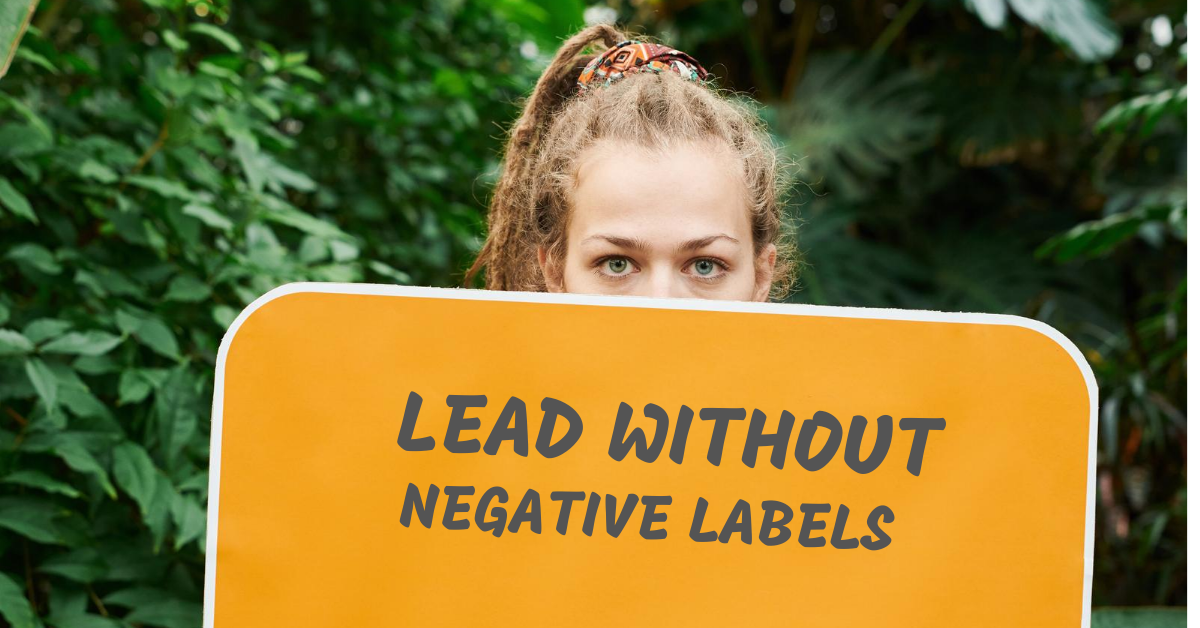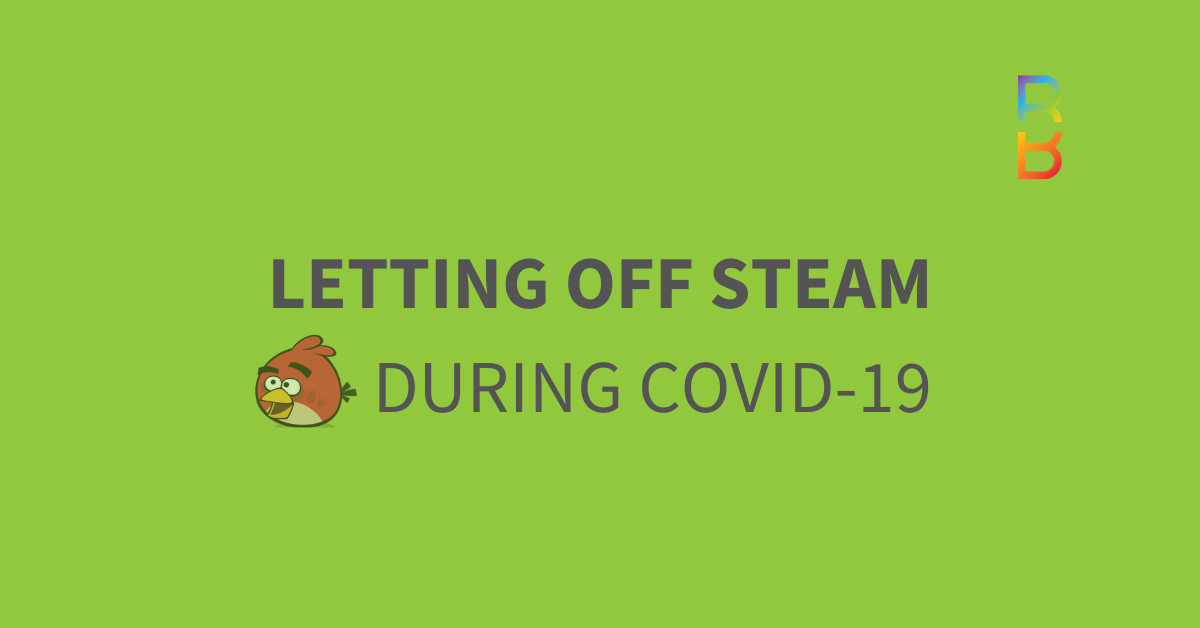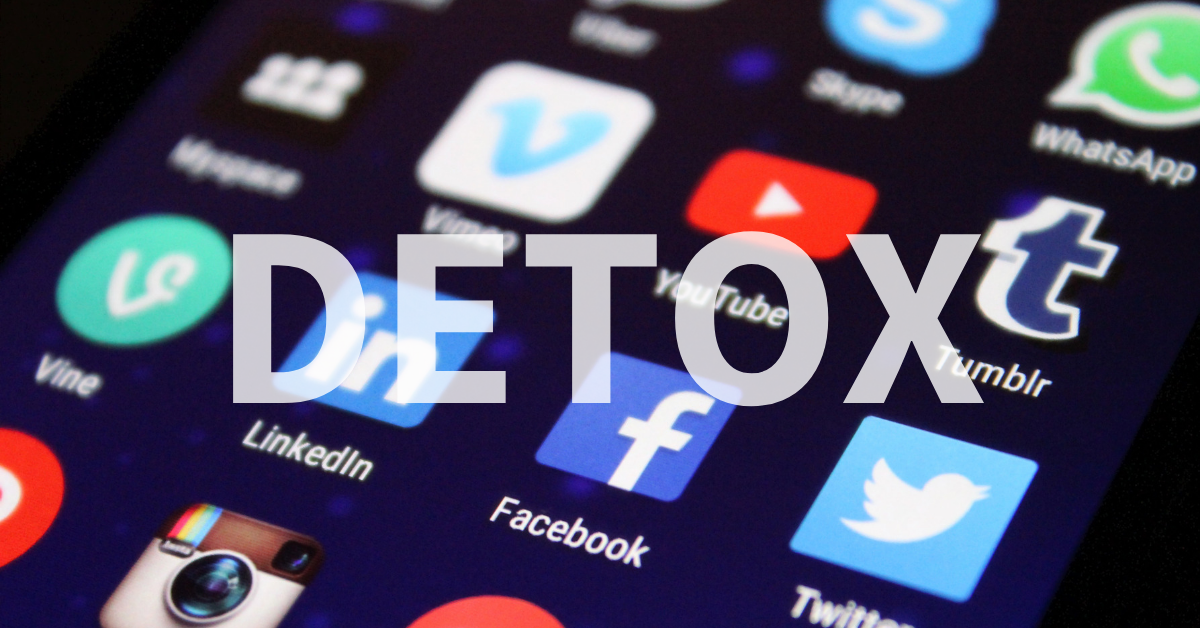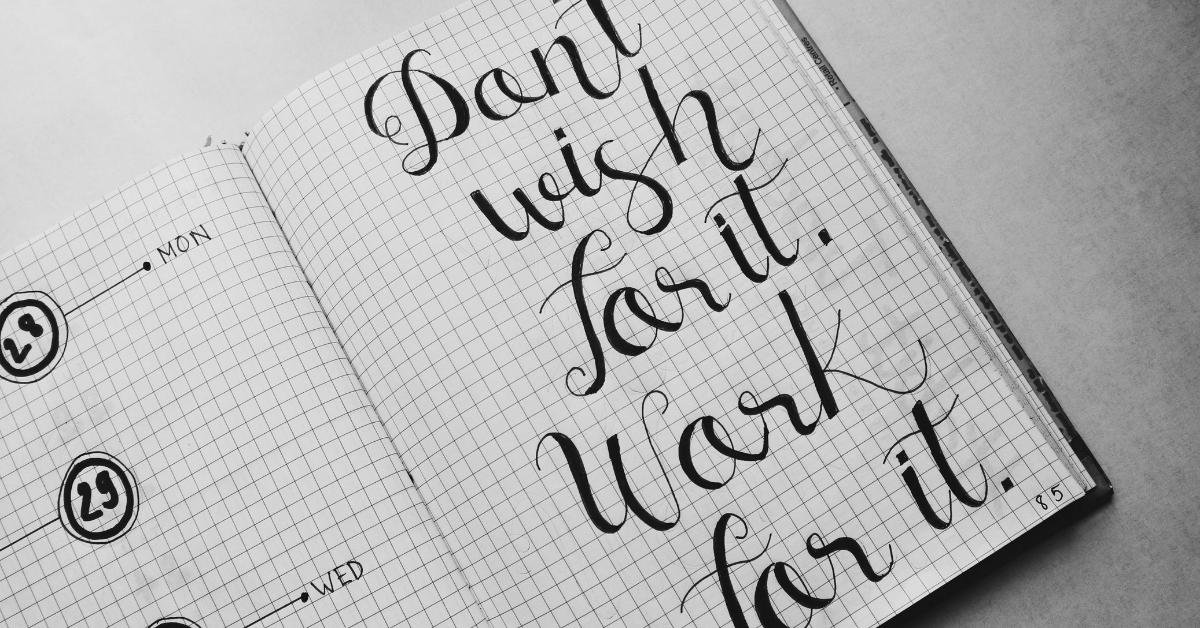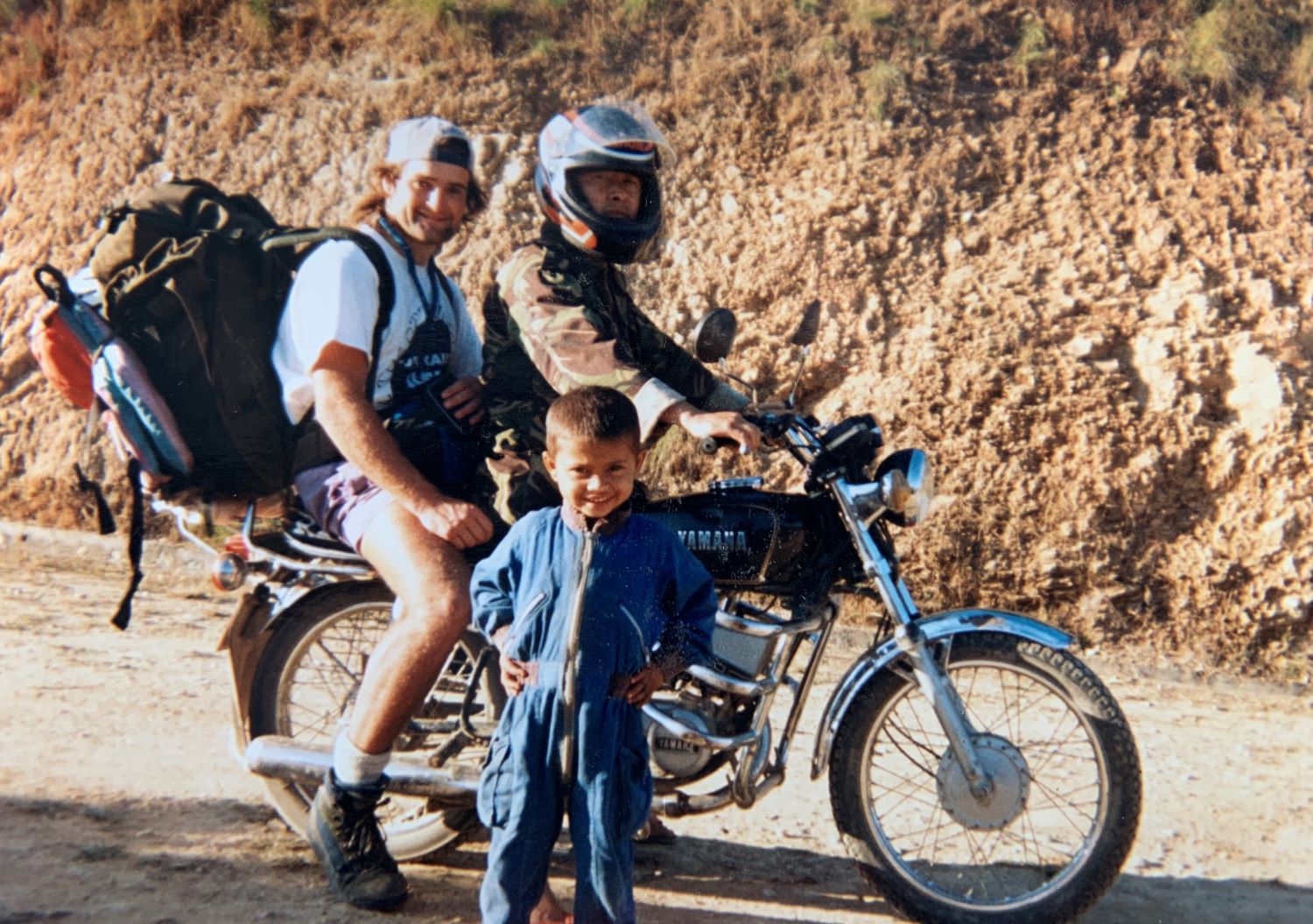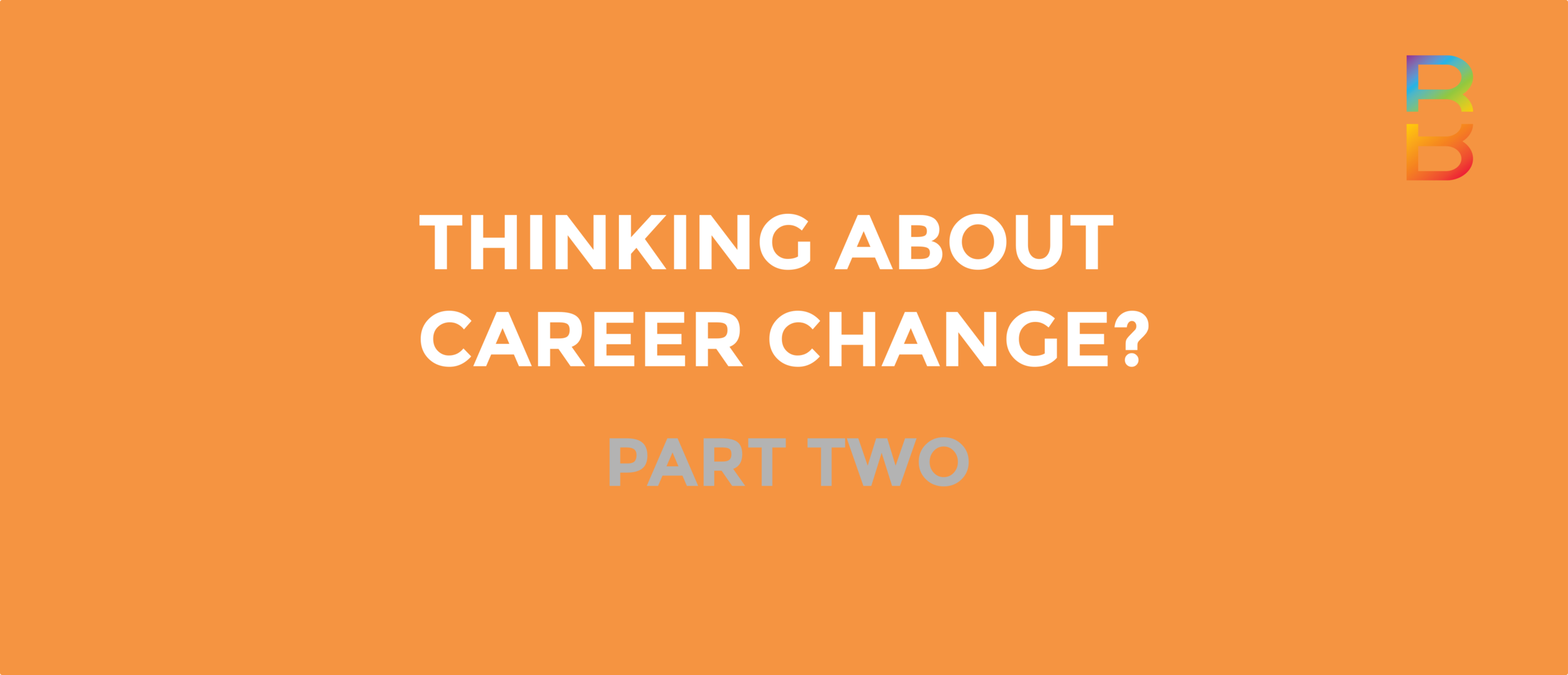I admire the empowering River Island Marketing Campaign launched in February 2018. It has a social conscience, celebrating love and diversity amongst people. The key message: 'Labels are for clothes, not people'. It reminds us of the pitfalls associated with labelling people.
USEFUL LABELS
Human beings like giving things labels. It helps us understand and make meaning of our world. We communicate better when we use universal names for objects - especially in a work environment.
Imagine going to work to discover everyone using a different name for email, computer, or phone. Labelling things without a heartbeat or emotions, in a way we all understand, is useful.
Labels are also useful in the workplace to help people communicate what's important to them - their values, beliefs, morals, and ethics. It's how we distinguish between our rights and our wrongs, our likes, and our dislikes, our good and our bad habits.
And when labels are used by people in work as a force for good, they make valuable communication aids. Particularly when the intent is to make positive connections and interactions with others.
JUDGEMENT LABELS
Environment and context play a huge part in how we respond to particular events and circumstances. Our attitudes and actions towards others are governed by our values and beliefs. Fluctuations in our emotional state determine how willing we are to take on other people's points of view. It's how we form opinions about others.
Humans tend to automatically judge someone else's behaviour on how they see the world. That does not automatically mean the world is as they see it. Views can be inaccurate because people over generalise, distort reality, or delete information to suit their own point of view. They put Judgement Labels on people.
Judgement labels can be positive or negative. They are names or descriptors that originate from opinions. The ones we form when observing someone else's behaviour. When we assign judgement labels to people they get embedded into our unconscious mind and they become our reference points. We start to believe in their authenticity. We develop cognitive bias and consequently look for, or notice behaviours in those we have labelled to reinforce that belief. Even though we may not always consciously realise it, we start to believe the labels we give to people. We let them define them.
In a work environment, people at all levels of the organisation can fall into the trap of using judgement labels.
WORKING WITH LABELS
Some years back, I ran a hotel. The newly appointed Head Chef was struggling to get support from his second in command. On paper there was no reason why this should be the case. They both had complementary personal strengths and skills. Yet judgement labels were being hit to and fro, like a tennis ball in a Singles Championship Rally,
Pop "He's a poor listener"
'Thwack "She' s too stubborn, unwilling to change"
Pop! "He's very impatient and never gives me enough time to consider things!"
Thwack "She's lazy and got no sense of urgency!"
Backhanded comments went back and forth as they tried to hold serve, avoid forced errors and dodge disadvantages.
The games they played had a detrimental effect on their work and their relationship. Their behaviour also had a negative impact on their fellow colleagues. The mood dipped across the team.
What's interesting about this story is how judgement labels quickly escalated and created major conflict. And where there's conflict, Judgement Labels turn into Negative Labels.
NEGATIVE LABELS
Negative labels are destructive. They are the words and phrases people use to describe another person or their behaviour when there is an unresolved conflict. The ones we give to others when they do something we don't like, or we cannot seem to reason. Who we believe are making our lives difficult for no apparent reason. Who respond to our point of view in a way we believe to be unwelcome or unjust.
There are two types of negative labels. Visible Negative Labels and Invisible Negative Labels. Visible Negative Labels are the destructive one’s people openly give us. We are aware of their existence. They are the ones people say to our face, that we believe are false and undermine our character. We usually have an immediate opportunity to respond to these types of labels.
INVISIBLE NEGATIVE LABELS
The second type of negative labels are Invisible Negative Labels. These are the worst type of labels. The type people may give to others when they are not present. If you have a label like this, you will almost definitely be the last person to know.
People who choose to use invisible negative labels often favour resignation over resolution. They do not work at building strong positive relationships; they give up on them. Moaning about the situation to others rather than looking for an opportunity to repair the relationship. Unwilling to meet that person in their world in the interest of mutual well-being.
At their worst, Invisible Negative Labels are given intentionally. They are used to gather support from others in a group to pigeonhole, stereotype or socially exclude an individual. This is of course a defence mechanism, an attempt to protect themselves from a perceived threat or harm from the person they have labelled. A vehicle to convince them that they are not the cause of the problem. When the truth is, they are part of it.
LOADED LABELS
This is what happened with the Head Chef and his deputy. The judgement labels turned into negative labels.
As their differences grew, the deputy led a behind the scenes campaign and gained favour with the Kitchen Team. By repeatedly pinning invisible negative labels on the Head Chef, the brigade developed the belief “He's the problem".
When the Head Chef eventually became aware of what was being said about him, he took a defensive position. He overcompensated and became overly accommodating to all the team's requests. Where he earned an additional label "he's a pushover".
As the negative labels flew around the Kitchen, the talented Head Chef started to feel like he did not belong. The conflict and social rejection, born out of negative labelling, had a huge impact on his self-esteem and his mental health deteriorated. He reached breaking point.
The deputy wasn't feeling much better either. Even though she had managed to gain favour with the team, she was also fielding increasing complaints about the Head Chef. Ones that replicated the exact negative labels she had assigned to him. "He's a poor listener, impatient, inconsiderate, the problem and a pushover'. I call these loaded labels.
LOADED LABELS AND LOSS
Once negative and loaded labels have been assigned to people, human beings often look for ways to re-enforce them to validate their own point of view. It can prevent us from discovering personal strengths and attractive qualities in others. When we use negative labels, we miss so much about a person. Unconsciously we close ourselves off from their point of view. Reducing our ability to learn from each other. We look for behaviours that support the negative labels. Removing opportunities for positive outcomes. Limiting ways to grow together for the benefit of mutual well-being.
The sadness of the Kitchen drama was neither the Head Chef or his deputy were initially willing to consider or respect each other's point of view. Unwilling to acknowledge their own perceptions might not be reality.
It's human nature for us to look for easy options and quick fixes to solve our problems. That's why it's easier and quicker to assign labels to people than it is to explore the validity of our own beliefs and perceptions. Whilst humans naturally look for the easy route, it doesn't always mean it is the right route.
MAKING LASTING CONNECTIONS
Beliefs and perception are our own version of the truth but that does not mean they are reality. To relate well to others, we must embrace cognitive diversity. Accept our interpretation of events are often translated differently by others. Be open to the possibility that our own thinking may be distorted. Seek first to understand others and accommodate our differences. This is how we make lasting human connections. How we all gain social belonging and mutual well-being.
LEADERSHIP WITHOUT LABELS
The story in this article demonstrates how negative labelling becomes destructive in work relationships. How it can stop strong, close, and positive bonds from developing at work. Achieving the exact opposite to what everyone in the working population hopes for - to be appreciated for their contributions and feel like they belong.
You are not alone if you have found yourself in a difficult relationship at work and negative labels are being used. You might be experiencing it now.
These labels are generalisations and distortions. They are destructive, unhelpful beliefs that will push your work relationships into a downward spiral.
People are complex beings and we don't need fixing. The strategies we use sometimes do. We require some latitude to explore how each other thinks and feels to understand the reasons behind our respective behaviours. By embracing cognitive diversity, we are open to see the world from the perspective of others. This helps us decide how to act in a respectful way towards each other. How to develop and achieve common goals.
COLLABORATIVE CONVERSATIONS
Back in the hotel kitchen, the Head Chef and his deputy took a big step back. They realised the situation was getting worse for them and the rest of the team. Something had to change.
Together they acknowledged the presence of cognitive diversity. Through collaborative conversation they removed the negative labels.
As the label disappeared, they both realised they would be better off playing a different game. A team sport where the goal was to stand together on the podium of success, rather than alone. They began to work through their differences. Develop joint strategies on how best to lead the Kitchen operation and team. They put 'team glory' ahead of 'personal glory'.
For the first time, they saw each other through a different lens. Inviting each other to play to their strengths. The ultimate reward was job satisfaction, team spirit and great customer feedback.
If you are having difficult relations with someone at work, embrace your differences. Get rid of the negative labels and get your FREE How to have Collaborative Conversations Guide here.
© ROOTBALL Coaching & Consultancy Ltd. All rights reserved, 2020.








